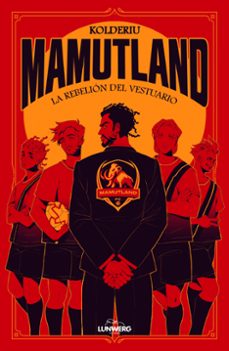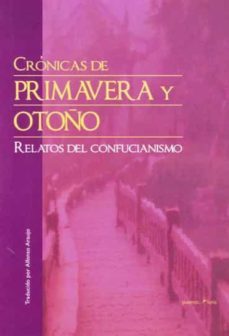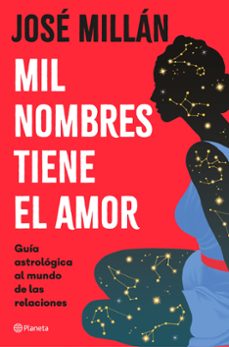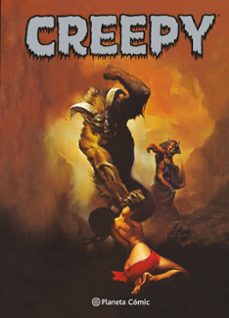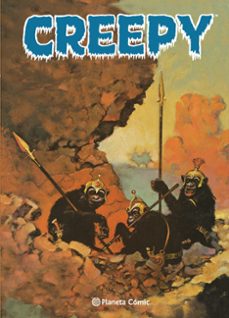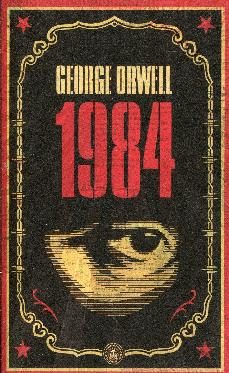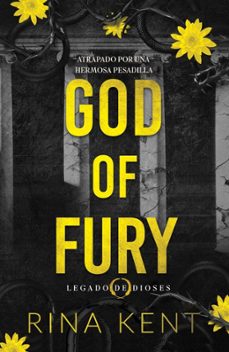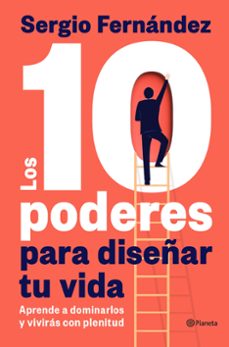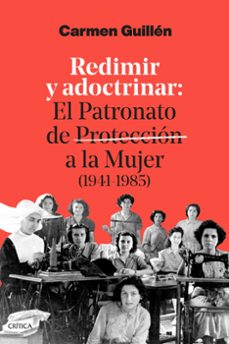📗 Libro en inglés UNCONSCIOUS PLACES: THOMAS STRUTH
PRESTEL-VERLAG- 9783791386683
Sinopsis de UNCONSCIOUS PLACES: THOMAS STRUTH
Thomas Struth is one of the best-known photographers to come out of the school of Bernd and Hilla Becher. In this celebrated volume, Struth presents a series of urban streetscapes from cities such as Edinburgh, Lima, Pyongyang, Naples, and New York City, all taken in similar conditions-devoid of human activity. Struth refers to these mundane buildings, unpopulated streets and anonymous facades as "unconscious places"-environments that are imbued with meaning only by the viewer. Captured with exquisite technical prowess and presented with powerful, restrained neutrality, Struth's images allow us to fully appreciate a city's character-from its telephone wires above to the pavement below. Renowned sociologist Richard Sennett's illuminating essay reveals how Struth's sober, lucid photography leads the viewer to create their own conclusions, rather than forcing a perspective. The resulting interplay among photographer, viewer, and landscape may hold the key to understanding how architecture affects our daily lives.
Ficha técnica
Editorial: Prestel-verlag
ISBN: 9783791386683
Idioma: Inglés
Número de páginas: 264
Tiempo de lectura:
5h 25m
Encuadernación: Tapa blanda
Fecha de lanzamiento: 02/03/2021
Año de edición: 2020
Especificaciones del producto
Escrito por Richard Sennett

Richard Sennett (Chicago, 1943) va estudiar Sociologia a la Universitat de Chicago i a la de Harvard, on es va doctorar el 1969. De jove va iniciar una carrera musical notable com a violoncel·lista, vinculada a la Julliard School. El 1976 va fundar, amb Susan Sontag i Joseph Brodsky, el New York Institute for the Humanities a la Universitat de Nova York. Després d’haver ensenyat al MIT i al Trinity College de la Universitat de Cambridge, a partir dels anys noranta va alternar la docència entre la Universitat de Nova York, la London School of Economics i la Universitat de Harvard. Va ser un dels fundadors de Theatrum Mundi. The Fall of the Public Man (1977) i The Corrossion of Character (1998) han estat algunes de les seves obres més significatives. Posteriorment, entre altres llibres, va escriure la trilogia que ell anomena «Homo Faber»: The Craftsman (2008), Together: The Rituals, Pleasures, and Politics of Cooperation (2012) i Construir i habitar. Ètica per a la ciutat (2018), publicada a Arcàdia el 2019. També a Arcàdia, L’espai públic. Un sistema obert, un procés inacabat (2014).
Descubre más sobre Richard Sennett Recibe novedades de Richard Sennett directamente en tu email
Opiniones sobre UNCONSCIOUS PLACES: THOMAS STRUTH
¡Sólo por opinar entras en el sorteo mensual de tres tarjetas regalo valoradas en 20€*!


